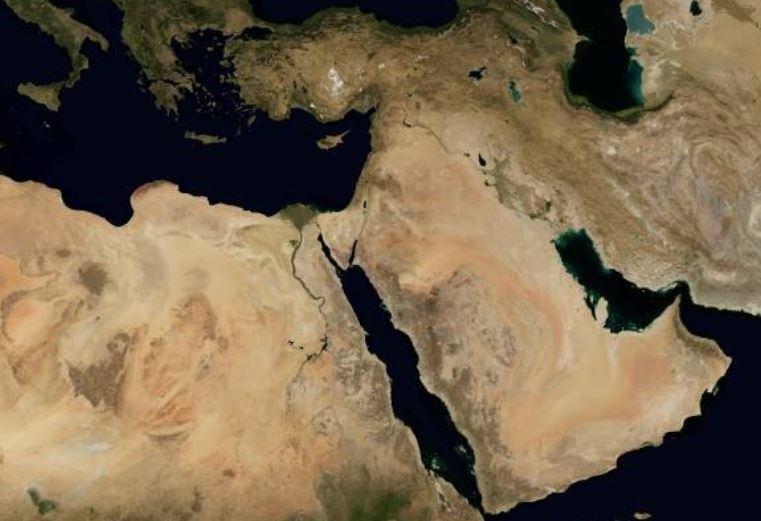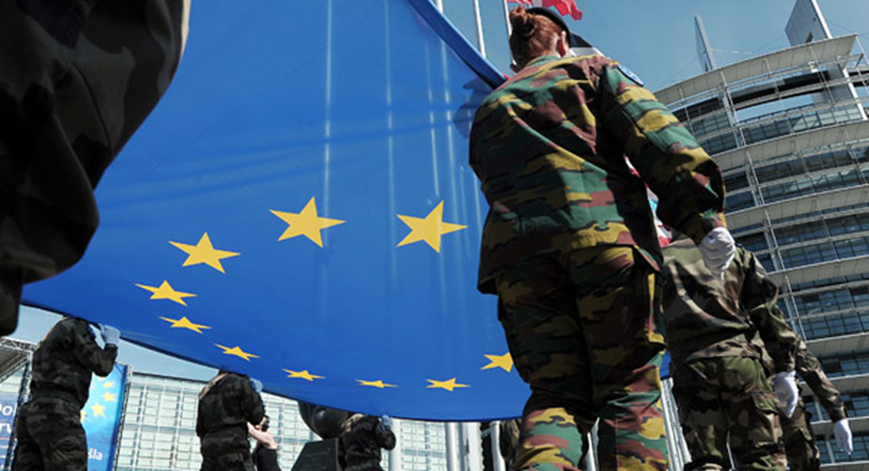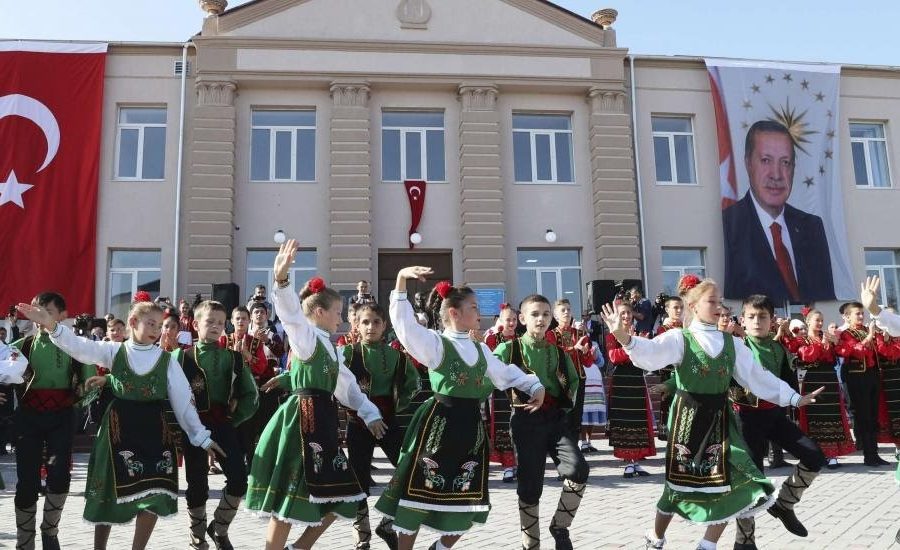
Title 1
December 2, 2021
In pursuit of European Strategic Autonomy: Aims, Obstacles and Recommendations
May 17, 2022ABSTRACT
Theoretically soft power draws on the actor’s persuasive narrative and attractiveness, sincerity and consistency with political values, and with a foreign policy that is perceived as moral and legitimate. However, it does not presuppose a state’s genuinely moral motivation, and it does not presume the purely voluntary, independent, and co-opting nature of relations between powerholding and receptor states.
Turkey’s soft power communicates a “grand-narrative” that combines historio-cultural elements with Turkey’s supposedly powerful and dynamic socio-political paradigm focusing on the “rediscovery” and promotion of the Ottoman-Islamic and Turanic legacy in the “post-Ottoman geopolitical space”, the harmonization and acquiescence of relevant states and people with Turkey’s idiosyncratic mix of modernity and conservativism, and the projection of social care and responsibility towards ethnic and religious kin communities through cultural, economic and humanitarian involvement.
Turkey’s soft power initiatives emanate from both state-to-public and private-to-public agencies through a top-down and centrally coordinated mechanism.
Soft power practices are implemented by a variety of agencies on multiple levels with adjustments depending on the locality. The penetrative intensity and extent of activities are generally determined by the target community’s level of dependency and degree of permissiveness.






